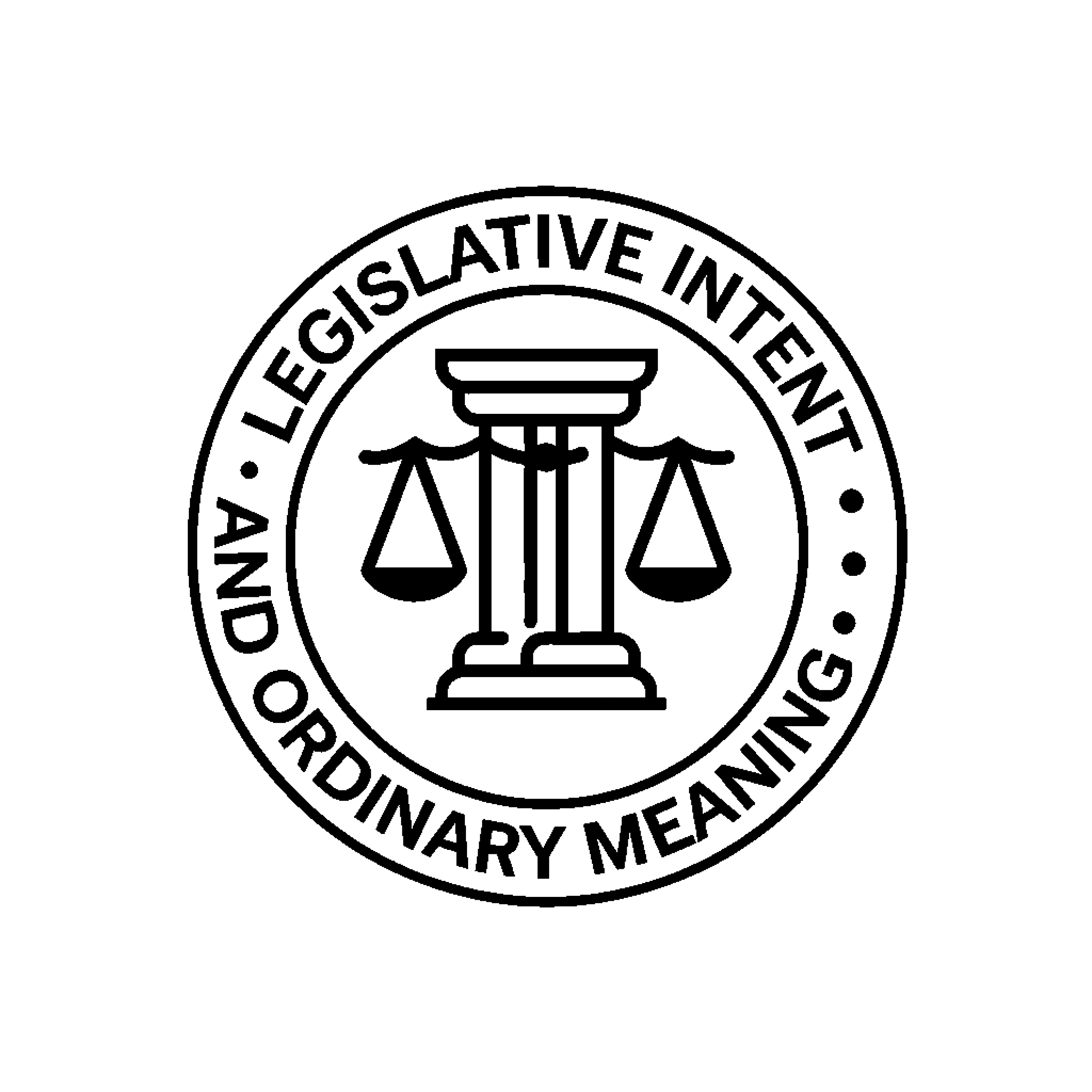Legislative Intent and Ordinary Meaning is an interdisciplinary initiative on law and language based at the University of Western Ontario.
Upcoming events
Robert Mullins (Queensland), “Are Sex and Gender Terms Open Textured?”
Tuesday, February 10, 2026 at 12:30–1:50 pm
In-person and Zoom
Abstract
The purpose of this paper is to offer an account of sex and gendered terms as “open textured” predicates. The idea of open texture is familiar to lawyers from H.L.A. Hart’s (1958, 1963) canonical discussions, but it originates in the work of Friedrich Waissmann (1945), who (roughly) defined open-textured predicates in terms of their openness to unexpected applications in future cases. My account of open-textured predicates deploys Sam Cumming’s (2022) and John Horty’s (2024) accounts of open-textured predicates in terms of “semantic reasons”. According to the semantic reasons account, analysis of open-textured predicates involves identifying a set of defeasible rules governing their application, rather than the identification of logically necessary or sufficient conditions. I argue for an analysis of sex and gender terms (like “man”, “male”, “woman”, and “female”) in terms of defeasible, rather than strict and exceptionless rules. I motivate this form of analysis by examining the failure of attempts to identify either necessary or sufficient conditions for application of these predicates in legal contexts. I suggest that this form of analysis has important implications for the legal and philosophical understanding of sex and gender. Legally, it suggests that courts, in particular, should abandon interpretive approaches to sex and gender terms that are focussed on the identification of either necessary or sufficient characteristics for their application. Judgments in favour of the restriction or extension the application of these predicates should focus on identifying legally relevant reasons for their restriction or extension. Philosophically, the analysis of sex and gender terms as open textured terms provides an interesting alternative to more canonical contextualist and expressivist accounts. More broadly, I conclude by suggesting that the notion of open texture has an important role to play in debates concerning what David Plunkett and Alex Burgess (2013) call “conceptual ethics”, in which normative and evaluative considerations seem to have bearing on our semantic choices.
Latest posts
- Winter updateWe hope everyone had a lovely holiday season! In this second newsletter update, we are proud to share what the Legislative Intent and Ordinary Meaning project on law and language at Western Law has been up to lately. Upcoming talks We are excited to welcome Robert Mullins (Queensland) to Western… Read more: Winter update
- Interview with Ross PeyROSS PEY is a PhD candidate specializing in statutory interpretation (including comparative statutory interpretation) at the University of Western Ontario. His thesis maps the current approach to statutory interpretation in the UK, including the nature of bilingual interpretation in Wales. In Edinburgh, he analyzed the interpretation and operation of Brexit… Read more: Interview with Ross Pey
- Fall updateWe hope everyone is having a nice fall. In this first newsletter update, we are proud to share what the Legislative Intent and Ordinary Meaning project on law and language at Western Law has been up to lately. Upcoming talk On November 13, 2025, we are delighted to be hosting… Read more: Fall update
- Telus v FCM and “Starting With The Text”Mark Mancini The modern approach in statutory interpretation requires courts to consider the text, context, and purpose(s) of the enactment. That much is clear. But alongside this instruction, there is another: courts should start with the text (CISSS A, 2024 SCC 43, at para 27). This instruction is ambiguous because,… Read more: Telus v FCM and “Starting With The Text”
- What Does it Mean to Say that Statutes are ‘Always Speaking’?Andy Yu Statutes are “always speaking”. That’s “trite law”, or so it’s been said (by Andrew Burrows, before he joined the UK Supreme Court). But the metaphor has also been described as “arresting but enigmatic” (Lord Leggatt (concurring), in the recent UK case of News Corp [2023] UKSC 7). What does it mean… Read more: What Does it Mean to Say that Statutes are ‘Always Speaking’?
